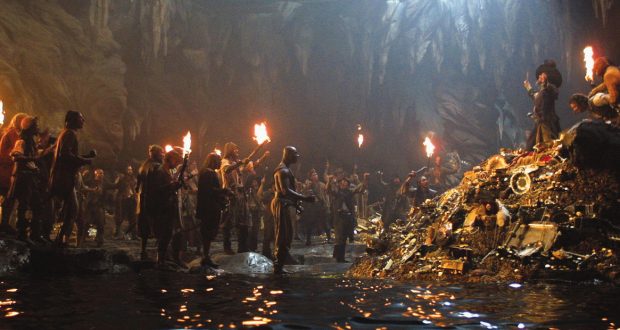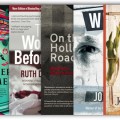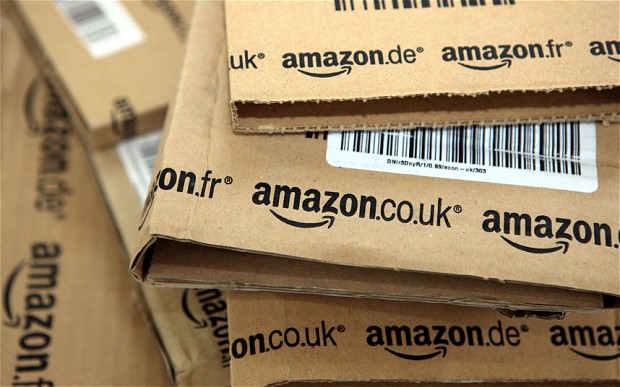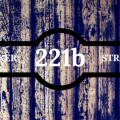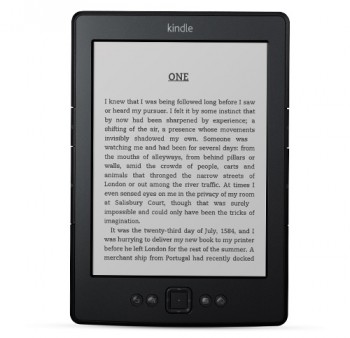The issue of piracy regularly rears its ugly head across all creative mediums. The latest furor has arisen out of the SFF publishing world after bestselling author Maggie Stiefvater wrote a blog post about how book piracy had affected her. While not entirely scientific, she and her brother tested a theory: that by pre-empting the pirates and uploading fake PDFs of her latest novel, she would disrupt the availability of pirated eBooks and promote sales of her book in the process. It seemed to work.
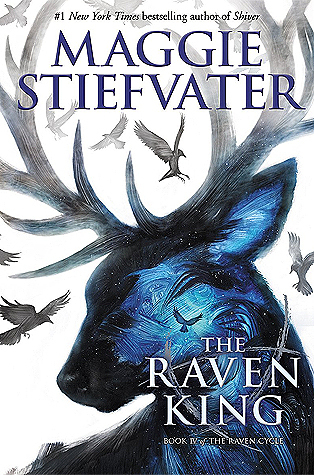 As a book reviewer, I receive a lot of eARCs (advanced reader copies). Reviews are essential to promote word of mouth and exposure of new books, especially for less well-known and debut writers. Unfortunately, there seems to be an industry of sharing these eARCs online. Not only are some reviewers showing disdain for the industry they supposedly love, they are sharing copies of books that aren’t even the final versions. Last month, I was contacted by someone on twitter and asked if I had an eARC of a book I had reviewed that I could give them – their entire twitter profile and online presence was brazenly defined as having the sole purpose of ‘trading eARCs’.
As a book reviewer, I receive a lot of eARCs (advanced reader copies). Reviews are essential to promote word of mouth and exposure of new books, especially for less well-known and debut writers. Unfortunately, there seems to be an industry of sharing these eARCs online. Not only are some reviewers showing disdain for the industry they supposedly love, they are sharing copies of books that aren’t even the final versions. Last month, I was contacted by someone on twitter and asked if I had an eARC of a book I had reviewed that I could give them – their entire twitter profile and online presence was brazenly defined as having the sole purpose of ‘trading eARCs’.
This makes me incredibly angry. You may think I’m a hypocrite, and I admit that I have pirated film and TV before. But it is different for books. Why? This is an industry where authors earn a median of £11,000 a year (in the UK) and only 11.5% of writers are able to sustain themselves solely from writing. Compare that to film, where producers, writers, actors are often earning in the millions. It simply is different. Where most mid-list authors depend on the number of sales to have their next books picked up, where they live in fear of their book series being canceled before they can finish the planned trilogy… book piracy really does make an enormous impact.
Sure, for the big writers – your JK Rowlings, Neil Gaimans, Brandon Sandersons – it probably is a drop in the ocean. But they are the exceptions. Many writers I love and think of as successful have day jobs to pay the bills, unable to sustain themselves entirely on book earnings. If piracy can hurt bestselling authors like Maggie Stiefvater and almost kill off one of her series, how do you think it impacts less well-known writers?
This morning I received a Google alert that shows Miserere has 84,323 views and 432 favorites on a torrent site for free downloads.
This is why there will be no sequel.
Torrents might not hurt the Stephen Kings and Neil Gaimans of the world, but they destroy authors like me.
— T. Frohock (@T_Frohock) November 8, 2017
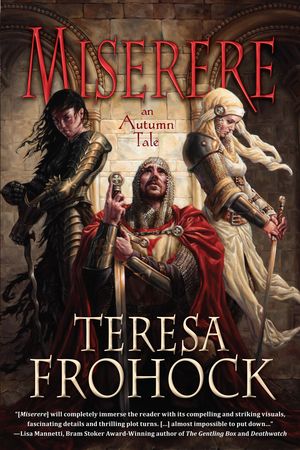 There’s a lot of bullshit around the piracy debate. People arguing all sorts of rubbish, such as ‘people wouldn’t pirate ebooks so much if publishers reduced the prices – publishers should stop pretending ebooks cost anything to produce.’ Let’s tackle this one, shall we? Sure, once an eBook is created, there’s little ongoing cost. But the same could be said for hardcopies – with more copies printed, the price does go down. These end-process costs are minuscule to the time, effort, and money spent to make the book happen in the first place. Years of a writer’s life spent writing, editorial staff helping the author craft the book into something really special, copyediting, typesetting, proofreading… all these costs come up-front for both eBooks and hard copies. Each book has to recoup all those costs and then go on to make a profit for the publisher, the author, the author’s agent. Think about the cost of each book and how much of that goes to the author and tell me you think that pirating a few copies won’t hurt them.
There’s a lot of bullshit around the piracy debate. People arguing all sorts of rubbish, such as ‘people wouldn’t pirate ebooks so much if publishers reduced the prices – publishers should stop pretending ebooks cost anything to produce.’ Let’s tackle this one, shall we? Sure, once an eBook is created, there’s little ongoing cost. But the same could be said for hardcopies – with more copies printed, the price does go down. These end-process costs are minuscule to the time, effort, and money spent to make the book happen in the first place. Years of a writer’s life spent writing, editorial staff helping the author craft the book into something really special, copyediting, typesetting, proofreading… all these costs come up-front for both eBooks and hard copies. Each book has to recoup all those costs and then go on to make a profit for the publisher, the author, the author’s agent. Think about the cost of each book and how much of that goes to the author and tell me you think that pirating a few copies won’t hurt them.
Another tack the piracy defenders take is libraries. Why do authors lament the downfall of libraries when they do what pirates do – share books for free? First off, in the UK at least, authors do get a small payment for each time someone borrows their book from a library. Libraries do buy their copies and replace them from time to time, and sometimes, if there is a lot of demand for a book, they will purchase several copies. Authors also aren’t assholes (necessarily, anyway). They love books. Authors want readers who legitimately can’t afford to buy books to have access to reading material. As such, libraries are essential.
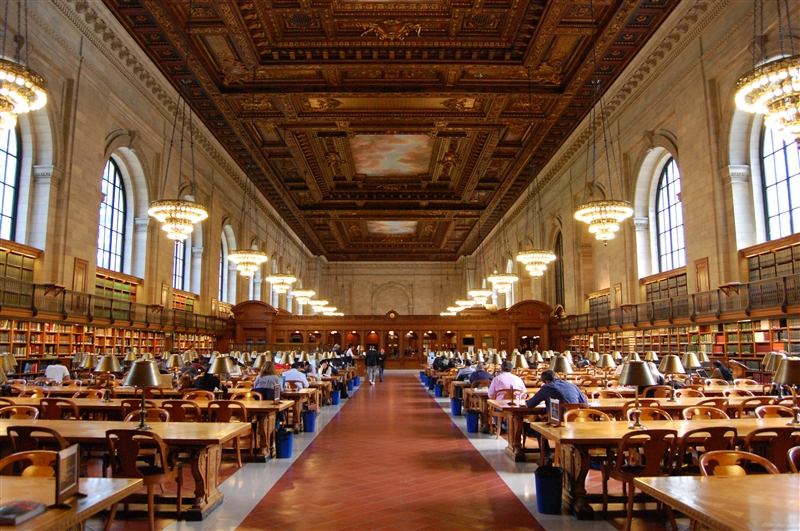 Would the people who pirate books actually buy them if they weren’t able to procure pirated copies? It’s true that there are a lot of downloads of eBooks that are likely never read, especially when done as a large collection (helpful pirates online often collect eBooks for, say ‘Science fiction of 2017’ and so on). Stiefvater’s clever ruse proved this assumption wrong: ‘Dozens of posts appeared saying that since they hadn’t been able to find a pdf, they’d been forced to hit up Amazon and buy the book.’
Would the people who pirate books actually buy them if they weren’t able to procure pirated copies? It’s true that there are a lot of downloads of eBooks that are likely never read, especially when done as a large collection (helpful pirates online often collect eBooks for, say ‘Science fiction of 2017’ and so on). Stiefvater’s clever ruse proved this assumption wrong: ‘Dozens of posts appeared saying that since they hadn’t been able to find a pdf, they’d been forced to hit up Amazon and buy the book.’
This might be what I find most disturbing – it was acknowledged fans that were pirating the book. I do understand, on some level. Books can be expensive if you are a big reader. I spend a lot on books every year, and that is even with the good number of ARCs I receive. But if you love an author and the books they write, please consider the impact pirating their book has on them. You pirating a copy might just be the difference on whether their next book being published.
Joanna Penn argues that piracy doesn’t hurt writers, that it actually helps them by making them more visible. She uses Cory Doctorow as an example – a writer who makes all his eBooks free to download on his website but still manages to sell thousands of eBooks for full price at major retailers. This is misleading. Again, we are seeing an exception flagged up as a rule. Word of mouth can and should be established through other means – legal means – that don’t hurt authors. I know too many mid-list authors whose next books are always on the brink of not being published because their sales are just on the cusp of profitable.
Don’t be a dick. Buy the book.
 Pop Verse Pop Culture Universe
Pop Verse Pop Culture Universe
